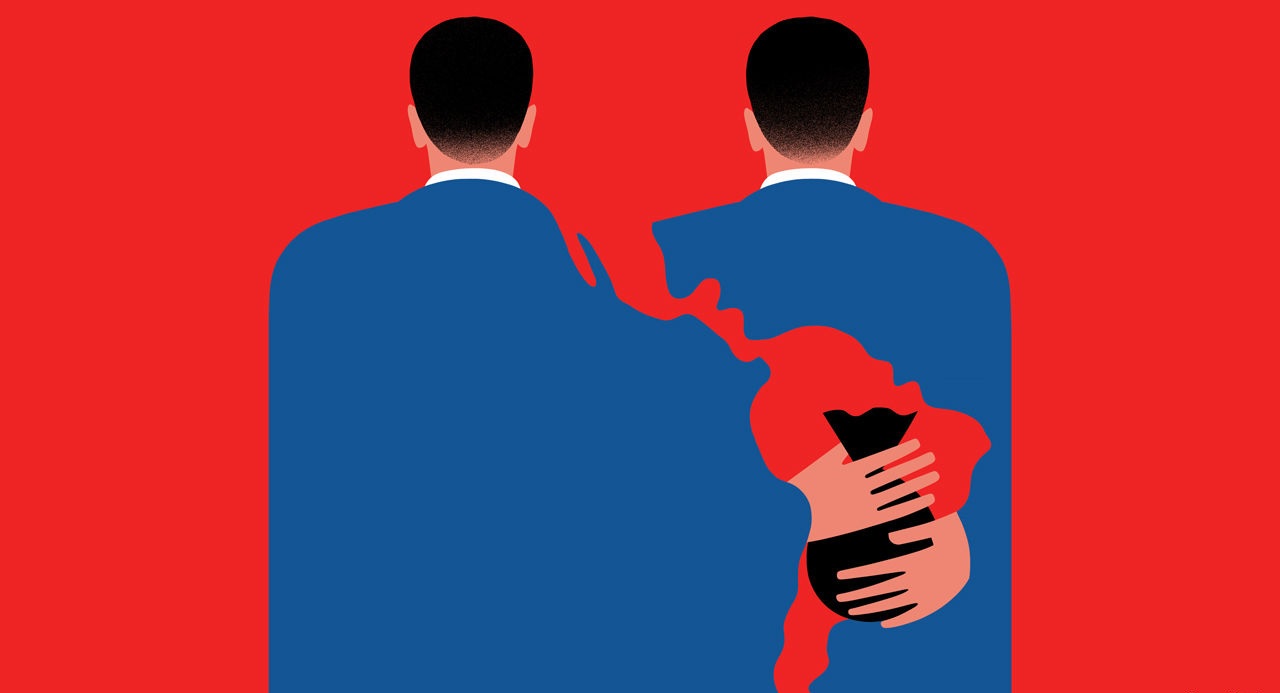RIO DE JANEIRO, BRAZIL – Uruguay and Costa Rica are the Latin American countries with the greatest capacity to identify and punish corruption, according to a report published last week that paints a “heterogeneous picture” in the fight against abuses in public administration in the region and highlights setbacks in Mexico and Brazil.
The last three countries in the Latin American ranking prepared by the Americas Society/Council of the Americas (AS/COA) think tank and the consulting firm Control Risks are Guatemala, Bolivia, and Venezuela, in the same positions they occupied in the 2021 list.
It is the fourth edition of a study that scores states on variables such as the independence of their judicial institutions, the influence of investigative journalism, and the resources dedicated to fighting corruption.

SLIGHT FALL OF THE SOUTH AMERICAN LEADER
Despite a drop of almost 5% in its overall score, Uruguay returned to the top position in the index, which it has held since 2020.
The country’s score (a 7.42 out of 10) dropped this year in aspects such as the effectiveness of its anti-corruption agencies and available resources.
However, it still outperforms the regional average in all variables analyzed thanks to its “independent institutions, active civil society, and strong democratic credentials,” the report stresses.
“Culturally, Uruguay has some differences from other Latin American countries. Uruguayan society is perceived to be much more combative with corruption,” Silvana Amaya, senior analyst at Control Risks, told Efe.
CENTRAL AMERICAN “SWITZERLAND”
Costa Rica (7.11) recorded an overall growth of 10% over the previous year, surpassing Chile (6.88) for the first time in the ranking. The country experienced a “moderate improvement” in both the “legal capacity” category against corruption and in the “democracy and political institutions” category.
The Dominican Republic saw the most significant improvement in its score (5.19) and records an upward trajectory over the past two years.
“The Dominican Republic is a success story that has caught our attention,” says Amaya, pointing out that public access to information and government transparency have remarkably improved in the country.
On the other hand, Argentina has seen its score drop by 2% to an overall score of 5.04 and falls to sixth place due to a decline in the independence and efficiency of its anti-corruption agencies.
GIANTS CONTINUE TO FALL
Colombia and Ecuador rank below 5 (they have scores of 4.87 and 4.82, respectively), while the report’s authors highlight the 22% drop recorded by Brazil (4.76) since the first edition of the index in 2019.
Even though “the setbacks of recent years have not fully reversed the decades of institutional strengthening,” the score regarding Brazil’s legal capacity to fight corruption has lost 8% compared to 2021.
“The (Brazilian) civil society has been much less active in looking for the government to come up with greater tools to fight corruption,” Amaya pointed out.
Mexico (4.05) experienced setbacks in all the categories analyzed. Still, the steepest decline was in “democracy and political institutions,” reflecting “perceived efforts by the executive branch to interfere in legislative and judicial affairs.”
The report warns that the Mexican government “plans to eliminate the Executive Secretariat of the National Anticorruption System, which would affect institutional efforts to combat corruption.”
Guatemala (3.38), Bolivia (2.57), and Venezuela (1.63), which close the Latin American list, share problems with “judicial independence”, said Amaya, who highlights the “difficulty with access to information” in Venezuela.
The Control Risks analyst emphasizes the report does not intend to “shame” governments but “to identify where greater efforts are being made so that countries can share good practices, seeing, for example, that in Chile and Uruguay, things are being done well”.
With information from EFE

